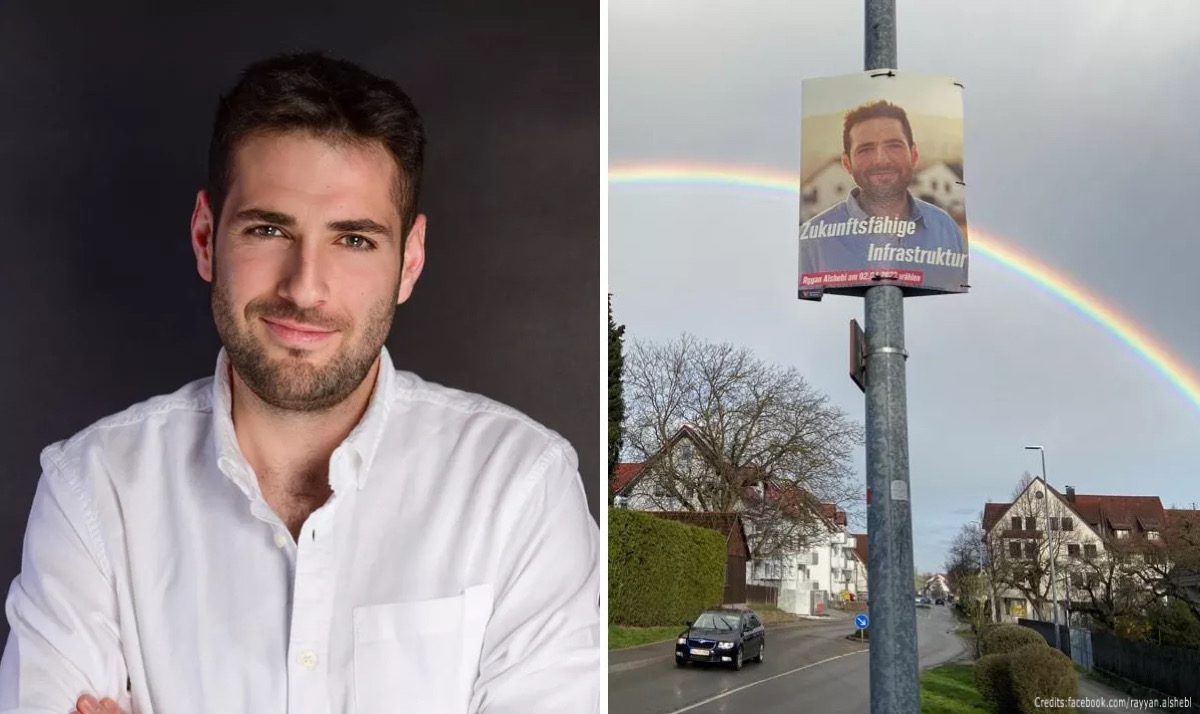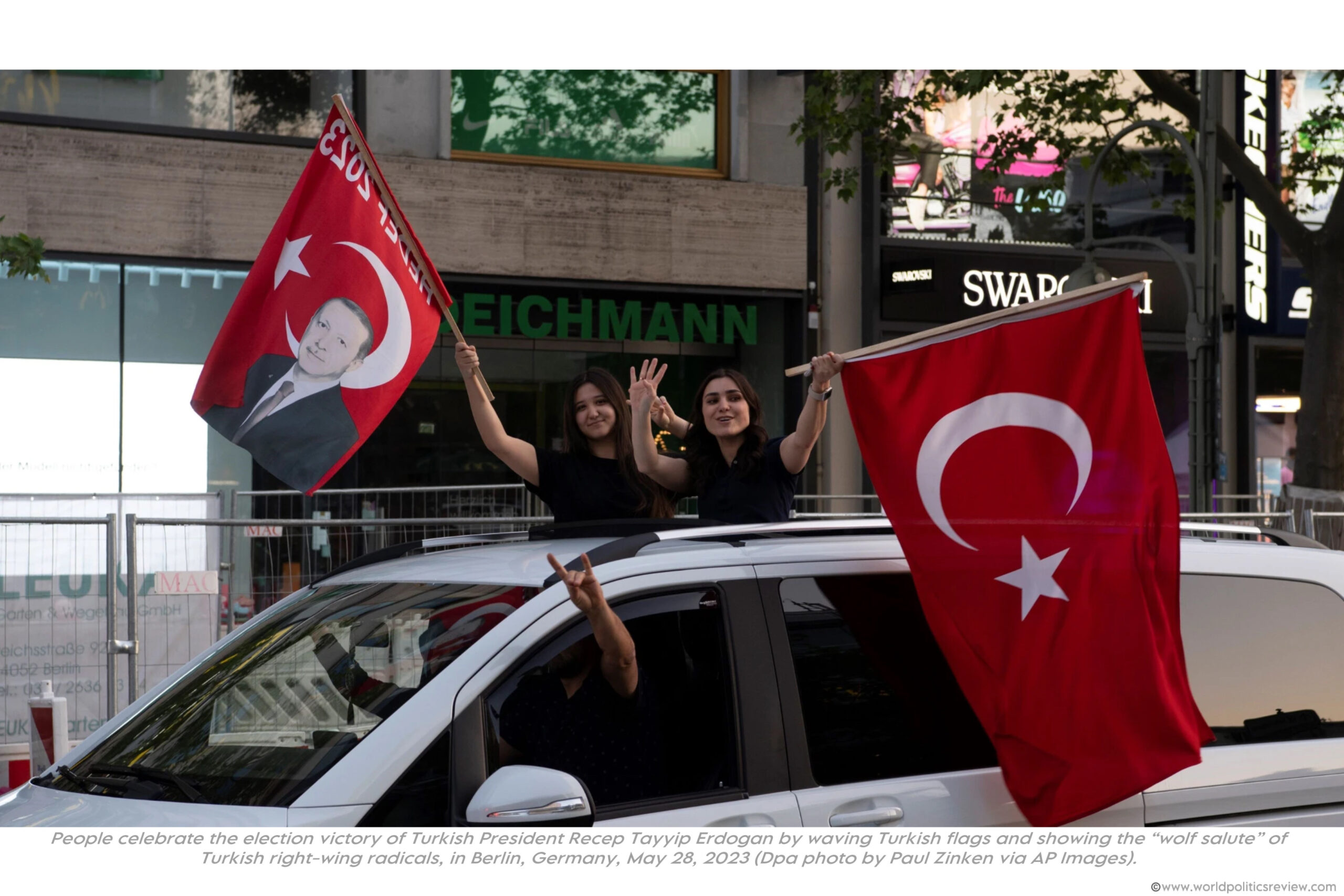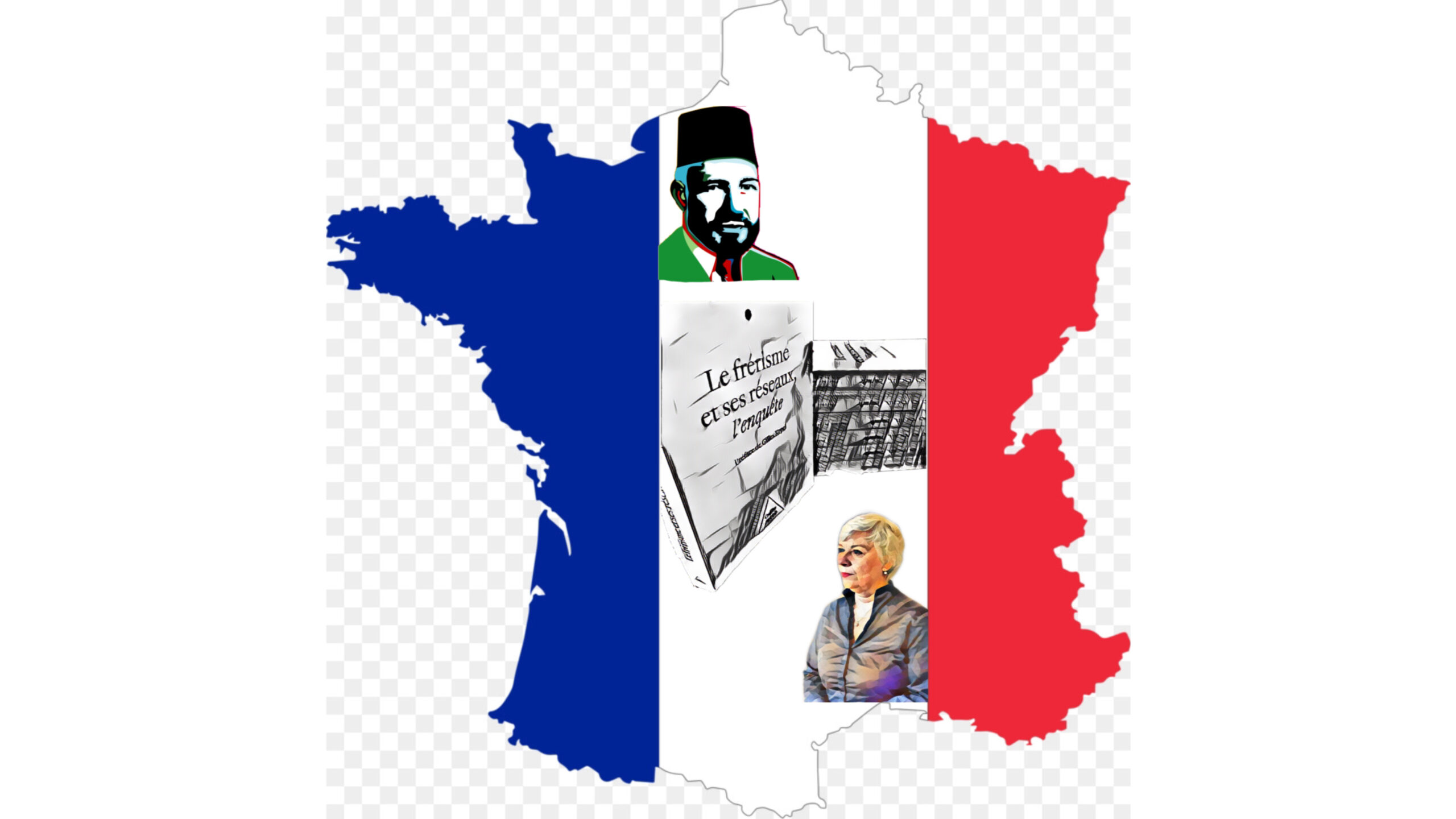On 2nd April 2023, Ryyan Alshebl,29, became the mayor of the Association of Municipalities of Baden-Württemberg [fn]https://www.thegazellenews.com/news/syrian-makes-history-in-german-becomes-first-non-indigene-to-be-elected-village-mayor/[/fn].Alshebl is one of the Syrian refugees who applied for asylum in Germany between 2015-16.[fn]https://www.thenationalnews.com/world/europe/2023/04/04/ryyan-alshebl-syrian-refugee-mayor-german-ostelsheim/[/fn] He won the municipality election with 55.4% of the vote, against Marco Strauß and Mathias Fey, both of whom were born and grew up in Baden-Württemberg. In his acceptance speech, he described his nomination as a “symbol of tolerance and cosmopolitanism for the whole of Germany”.[fn]https://www.reuters.com/world/europe/syrian-refugee-elected-mayor-german-village-2023-04-05/[/fn]He is a member of the Green Party but run in the election as an independent . According to the state’s Integration Minister Manne Lucha, Alshebl’s victory showed that diversity is a natural part of Baden-Württemberg: “I would be very pleased if Ryyan Alshebl’s election encourages more people with a migration history to run for political office,” he said[fn]https://edition.cnn.com/2023/04/04/europe/germany-mayor-syrian-refugee-intl/index.html[/fn]
Alshebl was born in As Suwayda in south-west Syria in 1994. He arrived in Germany at age 21 as one of the 1.1 million refugees who fled Syria for Germany when then-chancellor Angela Merkel decided to open the country’s border in 2015 and to put “our European values to the test as seldom before”. After learning German, Alshebl did an internship at Althengstett town hall near Ostelheim where he had the first insider look at how public institutions work. It’s during this training as an administrative clerk that he decided to enter the mayoral election. Alshebl became the first mayor of Syrian origin in the southwest. According to the local district administration, there has been no other applicant with Syrian roots – yet.[fn]https://www.reuters.com/world/europe/syrian-refugee-elected-mayor-german-village-2023-04-05/[/fn]
Only 1.2 percent of Germany’s mayors come from a migrant background while migrants make up 27 percent of the country’s total population, according to Mediendienst Integration.[fn]https://www.arabnews.com/node/2280636/world[/fn] [fn]MEDIENDIENST INTEGRATION (Migration Media Service) founded in November 2012, is an information platform for journalists and media professionals on migration, integration, and asylum in Germany and beyond[/fn].[fn]https://www.theafricancourier.de/germany/living-in-germany/germany-from-refugee-child-to-lord-mayor/[/fn]The only other German politician with Syrian roots is Mike Josef, born in Qamishli in 1983. He came from Syria at the age of four with his Aramaic Christian family as political refugees. As front runner for the SPD (the socialist democratic party), Mike Josef was elected Lord Mayor of the City of Frankfurt Main on 26th March 2023, with 51.7 percent of the votes.
Germany has become one of Europe’s major recipient of refugees and asylum seekers, receiving approximately 750,000 asylum applications in 2016. In terms of countries of origin, Syria ranks first with a 36.9 percent share of first-time asylum applications in 2016, followed by Afghanistan (17.6 percent) and Iraq (13.3 percent). More than half (54 percent) received temporary protection on humanitarian grounds, whereas 84,375 were granted a residence permit based on their admission into the asylum procedure. In terms of geographical distribution, 174,020 Syrian nationals were residing in North Rhine-Westphalia (NRW) followed by Baden-Württemberg (68,085), Lower Saxony (68,005), and Bavaria (62,450). 64% of Syrian refugees in Germany are male of 24 years old.[fn]https://www.idea.int/sites/default/files/publications/political-participation-of-refugees-the-case-of-afghan-and-syrian-refugees-in-germany.pdf[/fn]
Although the number of MPs with immigrant origin has been continuously rising, only 37 members of the national parliament ( i.e.5.9 percent of all national MPs) had a migrant background in 2013 (Mediendienst Integration 2013). This figure increased after the 2017 elections when 57 members with an immigrant background were elected, which accounts for 8 percent of all national MPs (Mediendienst Integration 2017). [fn]https://mediendienst-integration.de/artikel/at-least-83-mps-with-migration-history.html[/fn]
As far as Muslim migrants are concerned, political representation is far less as compared to the whole population. One of the reasons is the growing racism and Islamophobia in recent years, fueled by the propaganda of far-right groups and parties, which have exploited the refugee crisis and attempted to stoke fear of immigrants. With a population of over 84 million people, Germany has the second-largest Muslim population in Western Europe after France. It is home to nearly 5 million Muslims, according to official figures. According to the government’s first annual report on racism in Germany released in January 2023[fn]https://www.integrationsbeauftragte.de/resource/blob/1864320/2157012/77c8d1dddeea760bc13dbd87ee9a415f/lagebericht-rassismus-komplett-data.pdf?download=1 [/fn], there have been 732 Islamophobic crimes as well as 54 attacks on Muslim institutions and representatives in 2021. Reem Alabali-Radovan, the state minister for migration, refugees, and integration, stressed in the report, that it was “important to name and discuss anti-Muslim racism.” [fn]https://www.aa.com.tr/en/europe/german-government-report-highlights-anti-muslim-racism/2785393[/fn] [fn]https://www.dw.com/en/racism-poses-a-threat-to-germanys-democracy/a-64354347[/fn]
After the far right terror attack in the western city of Hanau in February 2020, the Berlin Senate Commission was created to investigate Islamophobia, hate crimes, and ingrained discrimination in Berlin. It released its report in December 2022. [fn]https://www.rassismusmonitor.de/fileadmin/user_upload/NaDiRa/CATI_Studie_Rassistische_Realit%C3%A4ten/DeZIM-Rassismusmonitor-Studie_Rassistische-Realit%C3%A4ten_Wie-setzt-sich-Deutschland-mit-Rassismus-auseinander.pdf.[/fn] . The panel’s findings paint an unfavorable picture of a city that, despite its surface-level projection of diversity and inclusion, has a lot of work to do. The report’s authors, a small group of academics and researchers from Berlin’s higher education and institutes, called for more state financial support for Muslim cultural, religious, and artistic activities. With a more nuanced depiction of Muslims in the media, they hope to improve public perceptions and undo stereotypes. [fn]https://www.dw.com/en/report-uncovers-germanys-structural-racism-against-muslims/a-63116871[/fn]
Some political measures were suggested, as well like establishing a department within Berlin’s state police tasked specifically with investigating anti-Muslim racism, as well as new supervision positions in the criminal justice system to call out structural discrimination. The report focuses also on four aspects of public administration: Law enforcement, criminal justice, cultural life, and education and recommends training and professional development for state employees, including teachers, judges, and police, to help them more easily spot signs of bias.
Rima Hanano, head of CLAIM, an NGO working to fight anti-Muslim sentiments, commenting on the findings of the report declared: “The findings show that there is still a lack of awareness of the racism and discrimination (perceived) Muslims face in German society.” [fn]https://www.euractiv.com/section/non-discrimination/news/anti-muslim-racism-often-overlooked-in-germany/[/fn] Abdassamad El Yazidi, the secretary general of Germany’s Central Council of Muslims described the rise of islamophobia as a form of misanthropy that has entered the mainstream. In his view, Islamophobia is “common in the Bundestag, as well as the state parliaments, for fascists, but increasingly also for representatives of the so-called established democratic parties who are fishing in murky waters aiming to catch votes on the right-wing fringe.[fn]https://www.dw.com/en/muslims-experience-islamophobia-every-day-in-germany/a-64985144[/fn]
So let’s not see the election of Ryyan Al Shebl as the forest for the trees






